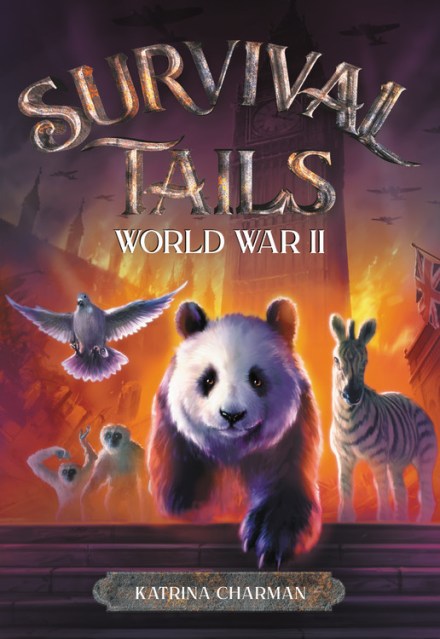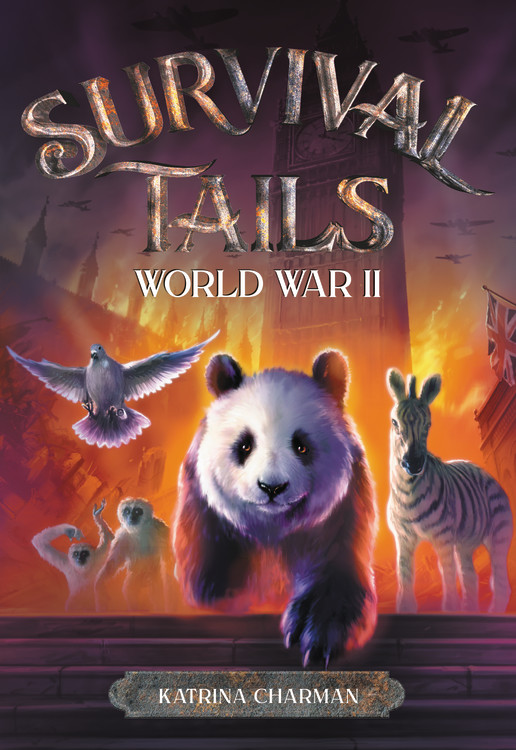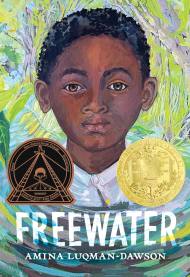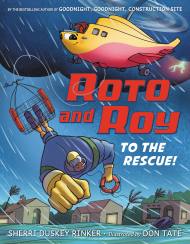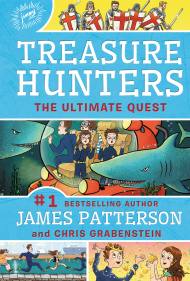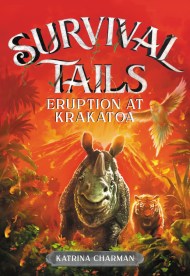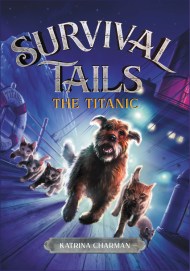Promotion
Use code MOM24 for 20% off site wide + free shipping over $45
Survival Tails: World War II
Contributors
Formats and Prices
Price
$7.99Price
$11.99 CADFormat
Format:
- Trade Paperback $7.99 $11.99 CAD
- ebook $6.99 $8.99 CAD
This item is a preorder. Your payment method will be charged immediately, and the product is expected to ship on or around October 15, 2019. This date is subject to change due to shipping delays beyond our control.
Also available from:
A brave messenger pigeon enlists a group of heroic zoo animals to help him complete his mission in this thrilling, informative read, perfect for fans of the Ranger in Time and I Survived series
World War II is raging across Europe and the German army has their sights set on England. Messenger pigeon Francis carries important notes back and forth between England and her allies, and wants nothing more than to do his part for the war effort. But when Francis is injured on an assignment to deliver the most important message of the war–one which warns of a coming attack on Britain itself–he finds himself stranded in the middle of the London Zoo with no way to complete his mission.
Ming, the world-famous panda, has so far managed to avoid being caught up in the war. But that’s getting harder and harder to do as the zoo suffers under dwindling food rations and German air raids threaten the city every night. When Francis lands in Ming’s enclosure, she knows she can no longer stand by and do nothing. Enlisting the help of a kind zookeeper and a resourceful troop of monkeys, Ming fights to help Francis recover his strength so that he can carry out his mission.
But when the war finally arrives in London, threatening everyone in the zoo, Francis, Ming, and the other animals must work together to save themselves…and maybe even London itself.
Genre:
- On Sale
- Oct 15, 2019
- Page Count
- 224 pages
- Publisher
- Little, Brown Books for Young Readers
- ISBN-13
- 9780316477932
Newsletter Signup
By clicking ‘Sign Up,’ I acknowledge that I have read and agree to Hachette Book Group’s Privacy Policy and Terms of Use
